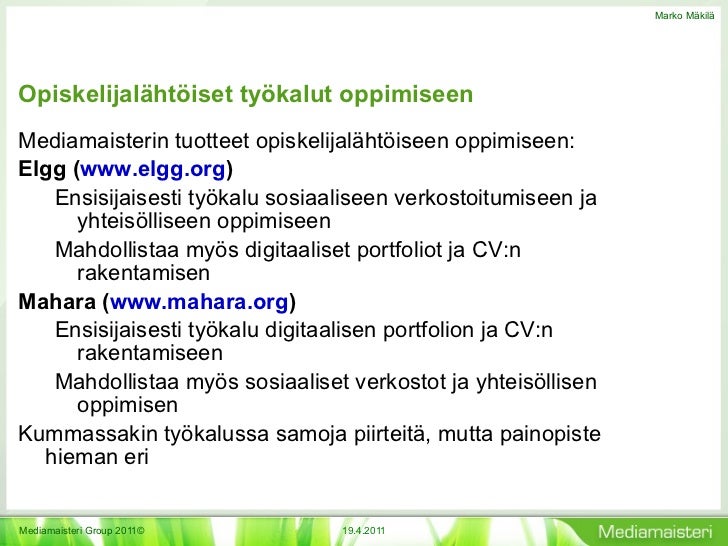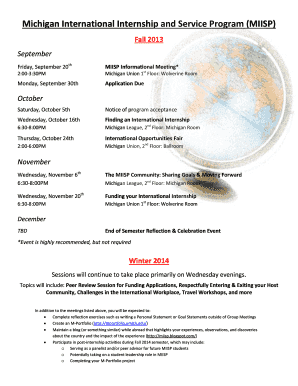

As a campus, we share an aspiration for developing leaders who are eager to engage locally or globally to create positive change.

These trends call attention to our common aspirations to create learning environments that promote critical thinking, creativity, problem-solving, and community engagement to create positive change, intercultural competence, self-reflection, lifelong learning, and global citizenship-all the outcomes that set the residential learning experience in a digital era apart.Īt U-M, we strive to continually differentiate our residential learning experience by embodying a culture of engagement. How are the practices of scholarship changing? Where is established and high-quality teaching expanding? What is enabling the development of new learning practices? How is the value-add of residential learning being conveyed to the broader public? As campuses engage in these types of questions, it is not surprising that themes begin to emerge.Ĭaption: Campus themes calling our collective attention to the need to create and promote learning environments focused on student learning.

The evolving digital ecosystem and increasing call for accountability and affordability in higher education bring to the forefront discussions about how universities teach and how students learn. The results were both expected and unexpected, showcasing the predominant and pervasive role of the arts, illuminating various responses to recent challenges in higher education, emphasizing the specific aspirations of our university, demonstrating the importance of the creative process in learning, and, most interestingly, illustrating how library partnerships enable discovery, collaboration, and learning. This past March, the University of Michigan (U-M) invited these voices to come together for the inaugural UpstArt festival ( ) to celebrate the arts in scholarship. Students, scientists, dancers, performers, professors, renowned authors and poets, researchers, administrators, activists, and librarians-what do they have in common? They bring perspectives and vision to the conversation about how the arts inform, enable, and advance who we are today and where we directionally aspire to be. Greenbaum graduated with honors as an economics major in 1987 from the University of Michigan and received an MBA from Columbia University with majors in Real Estate and Finance in 1989.Laurie Alexander, Beau David Case, Annette Haines, Linda Knox, Linda Knox, and Carrie Luke He is also actively involved in many charitable organizations including United Jewish Appeal, Children’s Medical Fund, Israel Bonds and Friends of the IDF. Greenbaum is a long-standing member of the Mortgage Bankers Association of New York and the Community Bankers Association and also is a board member of the Tri-State Campaign Council for The University of Michigan. Recent notable transactions include: $13.5M note purchase mezzanine financing for a 408-room hotel located in West Cherry Hill, NJ $35M – 87 unit luxury apartment building in Dumbo, Brooklyn $75M portfolio of apartment buildings located throughout New York City $36.5M – FHA – 35 year fixed financing for a 12 building 200 unit affordable housing project. Greenbaum has personally originated and closed over $5 billon in mortgage placements totaling several thousand transactions. Greenbaum co-founded GCP Capital Group, LLC with partners Matthew Classi and Alan Perlmutter in 1996.
Mportfolio umich professional#
Paul Greenbaum is a seasoned Commercial Real Estate Finance professional with over 25 years experience in the industry.Īfter 10 years of specializing in the arrangements of commercial mortgage loans, Mr.


 0 kommentar(er)
0 kommentar(er)
